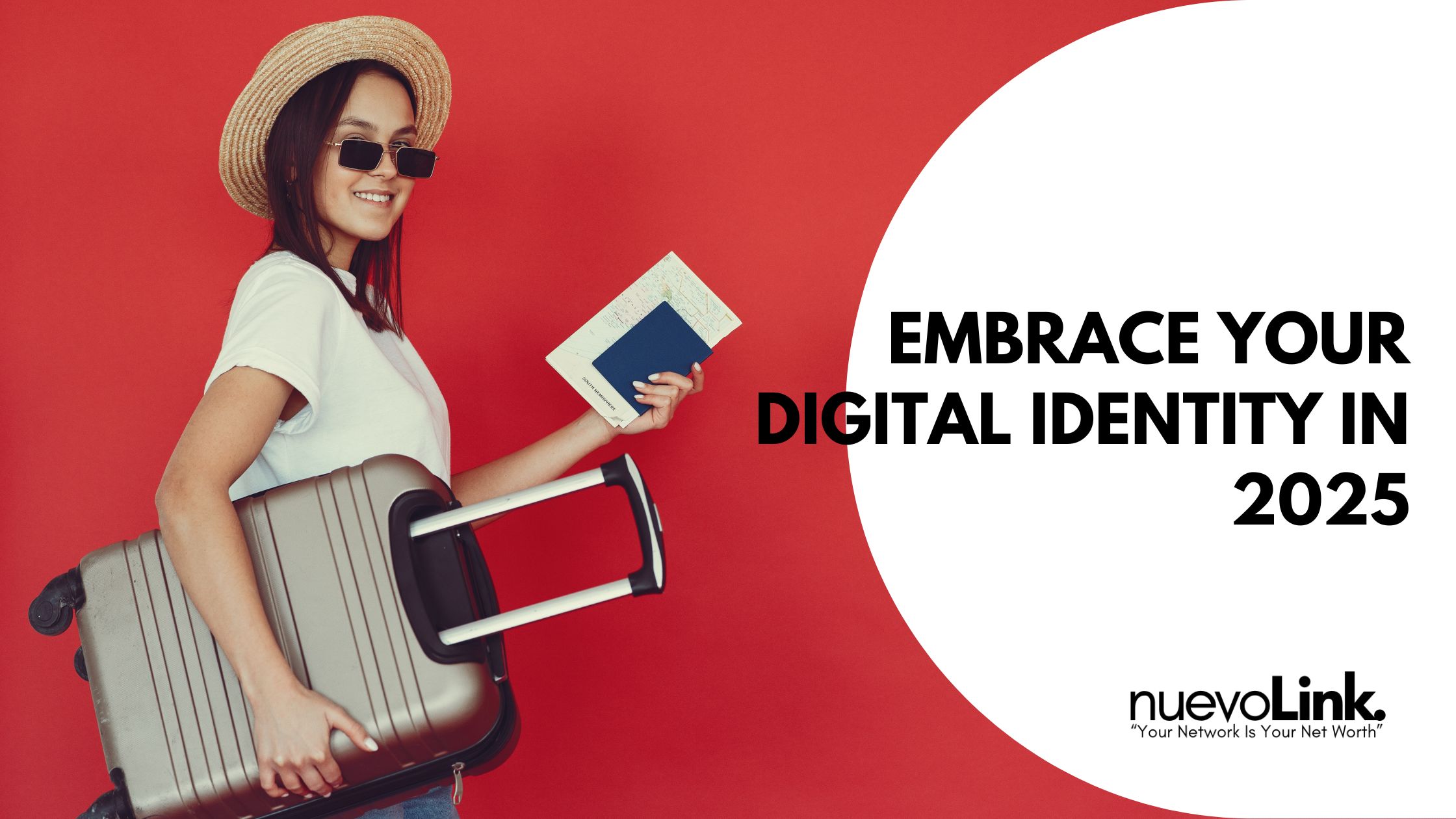









The world is changing at an unprecedented pace, and in 2025, digital identity has become more critical than ever. From personal branding to seamless transactions, digital identity is shaping how we interact, network, and conduct business. As the physical and digital worlds continue to merge, understanding and optimizing your digital identity is no longer optional—it’s essential.
Digital identity is the collection of data that represents you online. It includes your social media profiles, professional networks, personal websites, digital business cards, and even the way search engines perceive you. It’s the sum of your online presence, and in 2025, it holds more weight than a traditional resume or business card.
With hybrid work models, remote networking, and digital transactions dominating industries, your online identity is often the first impression people have of you. Whether you’re an entrepreneur, freelancer, or corporate professional, having a well-optimized digital identity can set you apart.
Face-to-face meetings are no longer the primary method of connecting. Digital business cards, LinkedIn interactions, and personal branding on platforms like Twitter and Instagram are now the key to building strong professional relationships. The easier you are to find and the stronger your online presence, the better your opportunities.
Consumers, clients, and employers rely on digital footprints to assess credibility. A well-maintained digital identity signals professionalism, trustworthiness, and expertise. It’s crucial to manage your online reputation, ensuring that what appears in search results aligns with your personal or business brand.
From personal brands to influencers, digital identities are now revenue-generating assets. Content creators, consultants, and business owners leverage their online presence to attract clients, secure collaborations, and even monetize their expertise through courses, subscriptions, and sponsored content.
With advancements in artificial intelligence and blockchain technology, digital identities are becoming more secure, verifiable, and decentralized. Blockchain-based digital IDs are being adopted globally to prevent identity theft and streamline verification processes. Understanding these technologies will be essential for safeguarding personal data and professional credibility.
As we move further into 2025, having a strong digital identity will determine your ability to grow professionally, expand your network, and remain competitive in your industry. The question isn’t whether you should focus on digital identity—it’s how well you manage and leverage it.
Embrace the future, take control of your digital presence, and unlock endless possibilities!